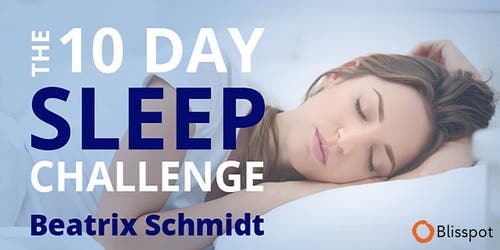Melatonin is often referred to as ‘the sleep hormone’, and this has caused some misconceptions about what it really does for us in terms of sleep.
There are a lot of products out there, and by the time clients come to me, often they have tried a lot of things and are confused by their results or lack of them.
So today I’m addressing some common misconceptions and practicalities around using melatonin as a sleep supplement.
The focus should be on your overall health, rather than supplementing to mask a symptom.
Misconception #1 – How melatonin works on sleep
There is a long-acting supplement and a short-acting one, and many people don’t realize there is a difference.
But of course, if you take the long-acting one, then taking it 30 minutes before going to bed isn’t going to help you drift off at the desired time.
A lot of people expect that taking a melatonin supplement long-term will boost their natural levels of the hormone over time.
But in truth, taking a supplement for a prolonged period of time gives your brain the message that you have enough – you can end up causing yourself to produce less of the hormone naturally, meaning you become dependent on the supplement.
I’m not saying this to scare you, but it is important for you to know.
It is also worth talking to your GP to explore if you may have a medical problem affecting your hormone levels. If that’s not the case, then you can know that it is a matter of developing the right skills to switch off and sleep at night and focus on that.
Misconception #2 – How melatonin boosts daytime performance
Many people are under the impression that taking melatonin for better sleep, will naturally mean they can perform better during the daytime.
I come across this often with Entrepreneurs, and this behaviour of taking melatonin at night to sleep better is typically mirrored with over-stimulating with caffeine during the day.
This ‘more more more’ approach isn’t sustainable in the long term, and really isn’t healthy. The true peak performers are the people who see the bigger picture of their health and put the steps in place to allow their minds to wind down in the evening. They get deeper sleep with natural methods, and naturally have more energy for their day s because they are healthier.
So I suggest learning those core tools and techniques to process the thoughts and emotions of the day and to properly sleep though the night.
Misconception #3 – Supplements as a quick fix
Now I’m not saying supplements are a bad thing, in fact, I take some myself. What I want to draw your attention to is the difference between taking something as a quick fix, perhaps because you had a bad night’s sleep, and taking something to support your overall health.
When I take a supplement it’s with the aim of improving my overall health and the way my body functions. I’m still making use of my sleep skills to fall asleep naturally, and I don’t need stimulants to produce work during the day.
Look at the overall picture of your health, and focus on functioning well in the long term, not just boosting yourself through the tough days.
Have you tried a melatonin supplement yourself? What did you think of it? Do let me know your experience in the comments.








